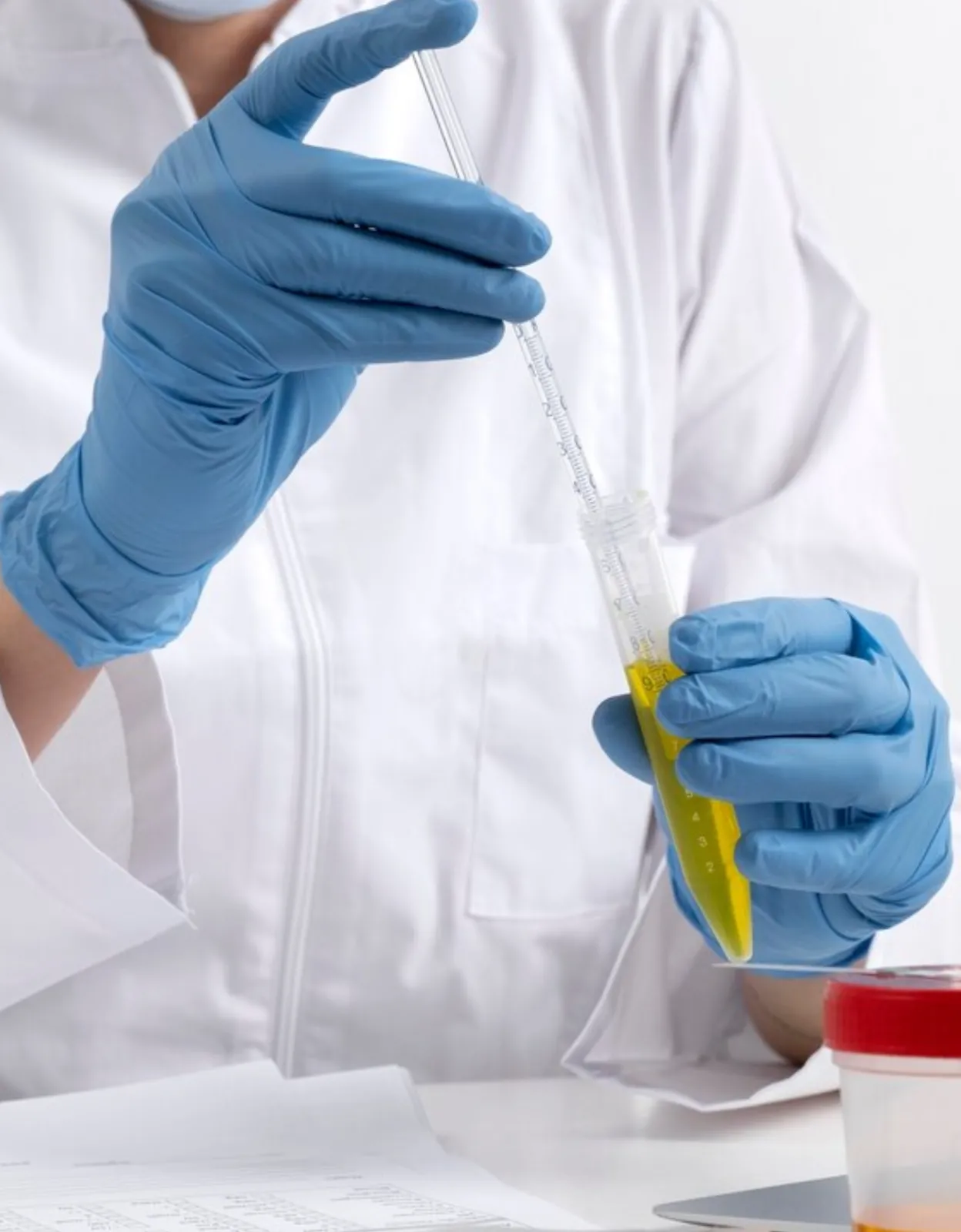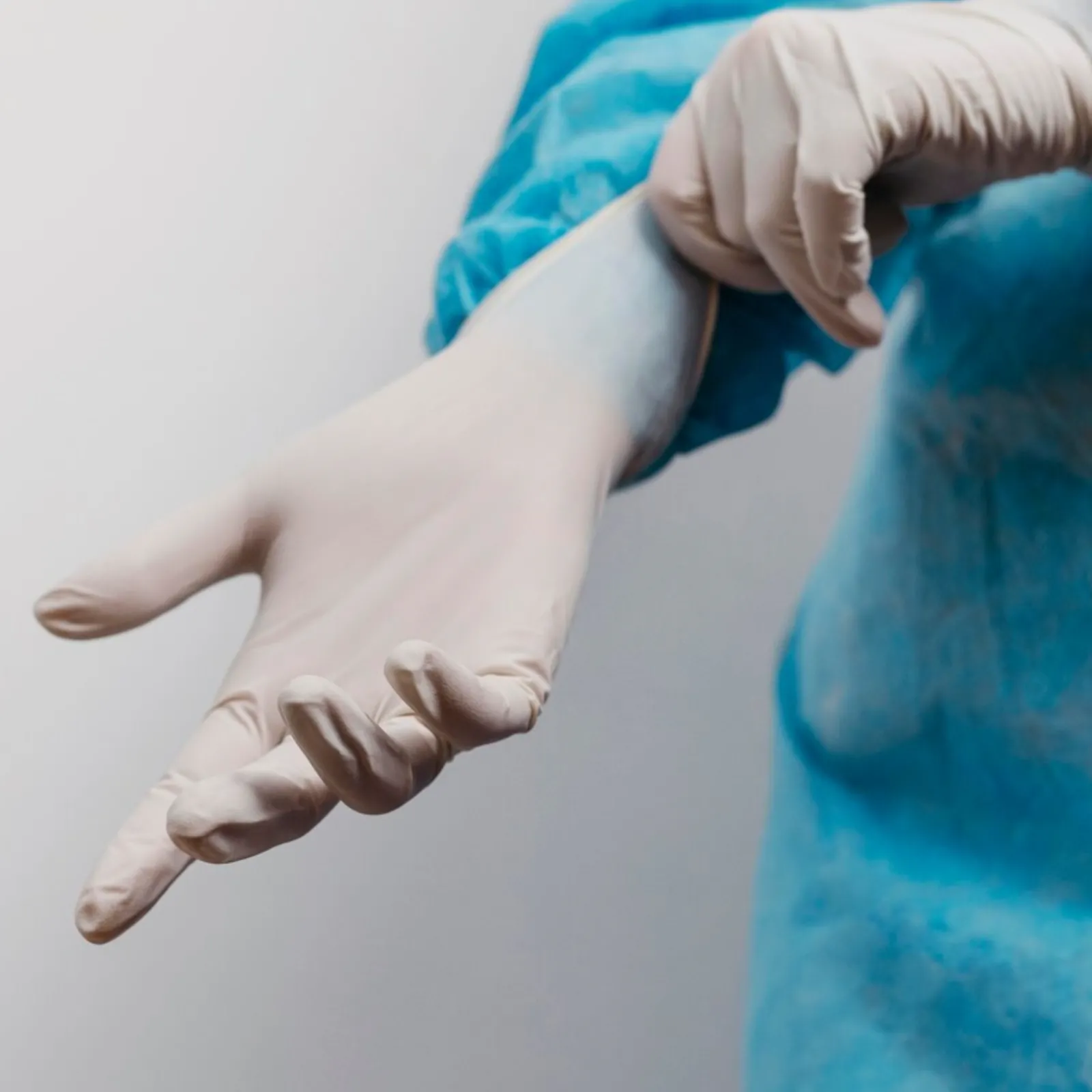28 Mar 2025
Recommended
Minimum 30 mins
Course
Access
Certification
Voiceover

Male catheterisation is a crucial clinical procedure used to manage urinary retention, monitor urine output, and support patients unable to empty their bladder independently. The Male Catheterisation Awareness course provides healthcare professionals, including nurses, doctors, and healthcare assistants, with comprehensive theoretical knowledge to perform male catheterisation safely and effectively, in accordance with the latest UK guidelines.
This course explores the anatomy and physiology of the male urinary system, the selection of appropriate catheter types and sizes, and the principles of aseptic techniques. Participants will gain insights into recognising and managing complications, including catheter-associated urinary tract infections (CAUTIs), trauma, and blockages. Additionally, the course covers considerations for specific populations, such as patients with enlarged prostates or mobility challenges, ensuring patient-centred care that prioritises dignity, safety, and comfort.
By the end of the training, participants will be equipped to deliver high-quality catheterisation care, supported by evidence-based practices and professional standards.

 £25
£25
Learning Outcomes.
By the end of this course,participants will be able:
To describe the anatomy and physiology of the male urinary system relevant to catheterisation.
To identify suitable catheter types and sizes for various clinical scenarios, including complex anatomical conditions.
To apply aseptic techniques and infection prevention principles to ensure patient safety during catheterisation.
To recognise and manage complications such as CAUTIs, trauma, and blockages, and implement prevention strategies.
To address the unique needs of special populations, including paediatric patients and those with cognitive or mobility impairments.
To educate patients and their families on catheter care, recognising complications, and understanding when to seek medical assistance.
Course
Contents.
01
Purpose, indications, and clinical importance.
03
Criteria for choosing appropriate catheter types and sizes.
05
Identifying and addressing CAUTIs, trauma, and catheter blockages.
08
Managing catheterisation in patients with unique challenges, such as enlarged prostates or mobility issues.

06
Importance of accurate record-keeping, consent, and confidentiality.
09
Monitoring and ensuring optimal outcomes after catheterisation.
02
Overview of the male urinary system.
04
Infection prevention and principles of sterility during catheterisation.
07
Strategies to inform patients and families about the procedure and aftercare.
10
Aligning catheterisation practices with UK guidelines and best practices.
The Male Catheterisation Awareness course equips healthcare professionals with the knowledge to perform male catheterisation safely and effectively. By focusing on anatomy, infection prevention, complications management, and patient-centred care, the course ensures compliance with UK standards and enhances clinical competence. Participants will leave the course prepared to deliver safe, high-quality care that prioritises patient dignity, comfort, and safety in diverse healthcare settings.
 Summary
Summary


